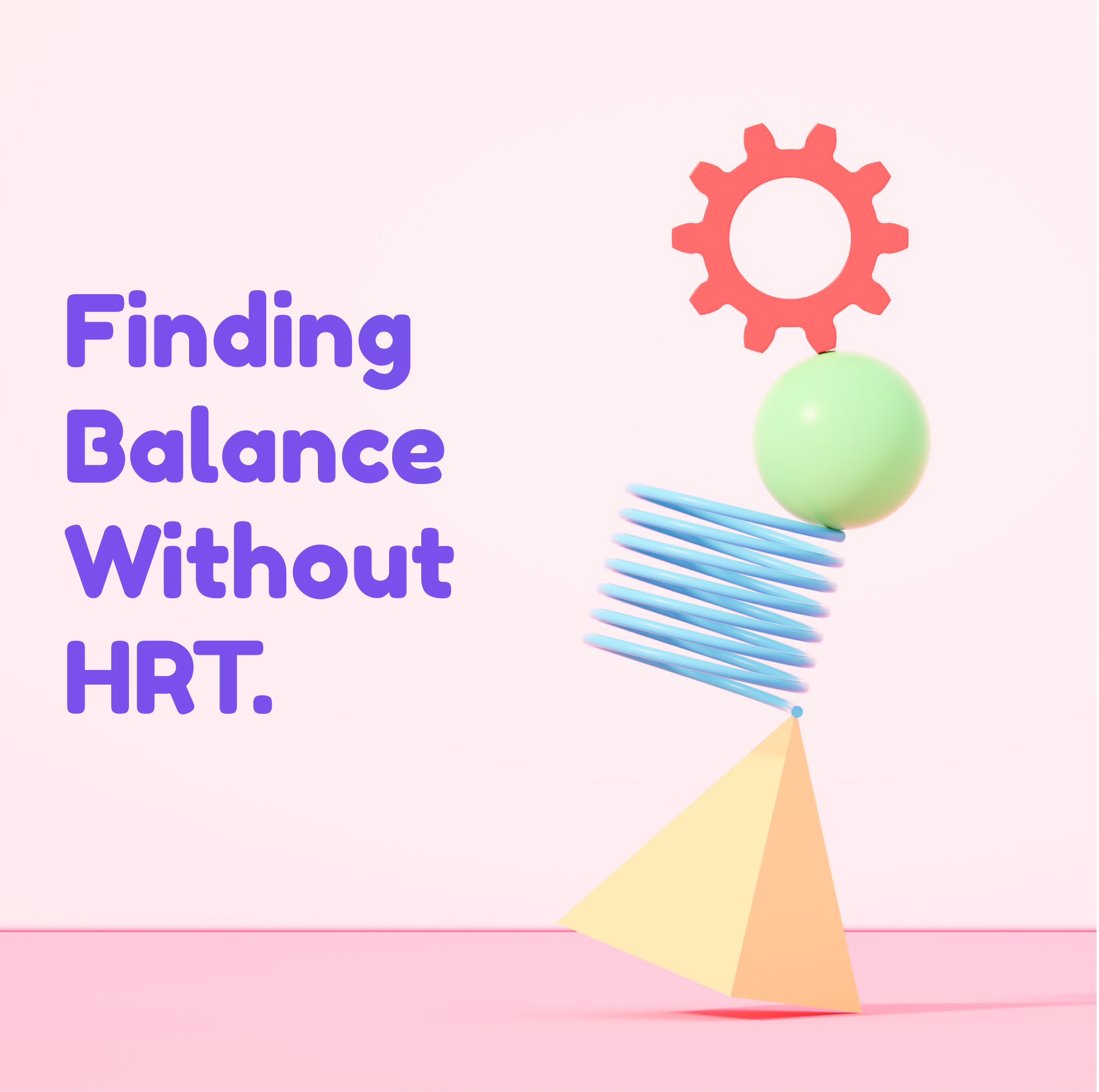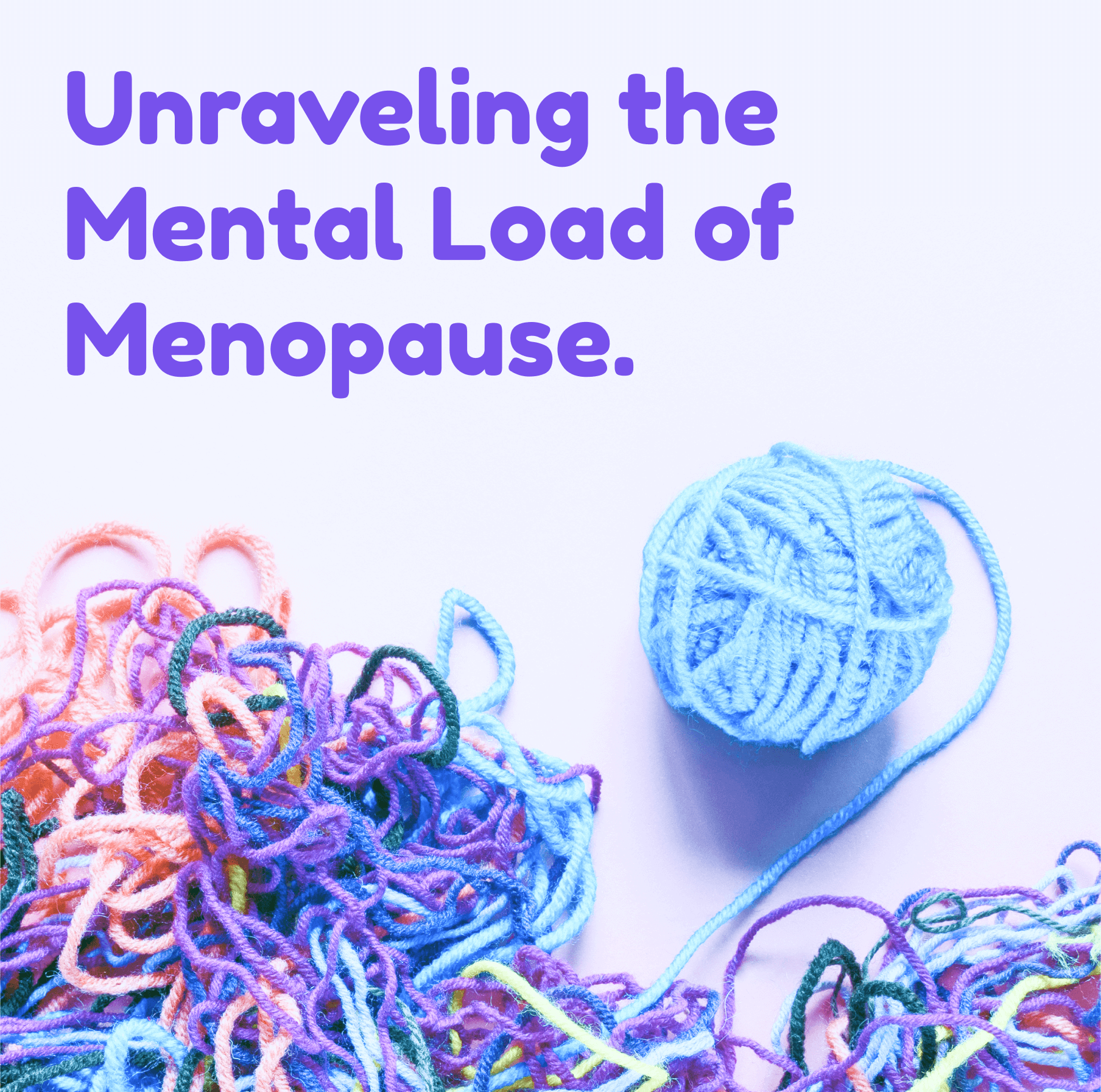
What are Hormones and How Are They Affected by Menopause
Menopause is a transformative chapter in every woman’s life—a time when the body gracefully shifts its internal balance as it prepares for a new phase. If you’ve ever wondered, what are hormones and how are they affected by menopause? you’re not alone. While the changes can feel overwhelming, understanding the science behind these shifts can empower you to navigate them with confidence, humor, and practical tips.
Got questions? Ask Noor.
Understanding Hormones: The Body’s Tiny Messengers
Hormones are chemical messengers produced by glands in our body. They help regulate everything from the menstrual cycle to mood, energy levels, body composition, libido, cognition, and even sleep. Among the most important female hormones are estrogen and progesterone, which work together during the menstrual cycle to support reproductive health and overall well-being. In the years leading up to menopause, these hormone levels (and others) fluctuate and eventually decline, which is why many women experience a range of menopausal symptoms.
At its core, the phrase what are hormones and how are they affected by menopause refers to the way these chemical messengers change as the ovaries gradually reduce their production. As estrogen levels drop and progesterone declines, the balance that once regulated your body’s functions shifts—leading to some well-known signs of menopause.
The Menopausal Transition: When the Ovaries Stop Their Routine
Menopause is defined as the point when a woman has not had a menstrual period for 12 consecutive months. On average, this natural transition occurs around the age of 51, although it can vary considerably. As women approach menopause, the ovaries begin to produce less estrogen and progesterone until eventually, the ovaries stop working in the same way they once did. That menopausal estrogen and progesterone deficiency then persists, at least without treatment, for the remainder of one’s life. This biological shift is why many refer to menopause as “the change of life.”
During the perimenopausal phase—the transition period before full menopause—women often notice irregularities in their menstrual cycle. Periods may become shorter, heavier, or more spaced out. Along with these changes come a host of common symptoms such as hot flashes, mood swings, insomnia, fatigue, accumulation of fat around the mid-line, loss of libido, and vaginal dryness. These symptoms are the body’s natural response to the decline in female (and other) hormones and the unpredictable changes in hormone levels.
How Hormone Changes Impact the Body
As the body adapts to lower estrogen, progesterone, and other hormone levels (i.e. testosterone), several physical and emotional changes can occur:
- Hot Flashes and Night Sweats: A sudden surge of heat, often accompanied by sweating and sometimes palpitations, is one of the most common menopausal symptoms. These episodes can sometimes disrupt sleep and daily activities.
- Insomnia: Whether from the above hormonal hot flashes or night sweats or diminishing levels of melatonin, perimenopausal and menopausal women often struggle unexpectedly with sleep.
- Mood Swings: The decline in estrogen and progesterone (not to mention insomnia) can trigger mood swings and feelings of irritability. It’s not unusual to feel cheerful one moment and overwhelmed the next.
- Vaginal Dryness: Lower estrogen levels often lead to vaginal dryness, making intimacy uncomfortable for some women. Topical solutions, like vaginal creams, or systemic therapy can provide much-needed relief.
- Loss of Libido: Loss of libido and decreased ability to orgasm can negatively impact a woman’s sexual health in combination with vaginal dryness and associated discomfort with intercourse. This symptom is more likely due to declining testosterone levels, something that can also negatively impact mood, energy levels, foggy headedness, and body composition. As testosterone is no less a female than a male hormone, off‑label testosterone replacement can provide positive benefit for women, too.
- Changes in Body Composition and Weight: As the aforementioned hormone levels decline, women become more predisposed to accumulating fat, particularly around the midline, not to mention shrinking muscle mass, too. That can, of course, lead to unanticipated weight gain or difficulty losing weight, both exacerbated by mid‑life hormonal changes that are, fortunately, treatable, too, for most individuals.
- Bone Health Concerns: Estrogen and progesterone both play protective roles for bones. When estrogen and progesterone levels drop, women face an increased risk of osteoporosis as well as heart disease and Alzheimer’s dementia in the long term. Treatment within the ‘optimal window’ within 10 years of the onset of menopause provides maximal preventive benefit against these all too common and concerning conditions.
- Changes in the Menstrual Cycle: Before the menstrual cycle completely ceases, irregularities are common. This is part of the natural process where the ovaries gradually reduce their output until they eventually stop producing hormones (and eggs) in the same capacity.
Navigating Lifestyle Changes: Practical Tips for Everyday Relief
Every woman’s journey through menopause is unique, but there are several lifestyle changes that many find beneficial in easing symptoms and promoting well‑being:
Watch Your Diet: Certain foods and beverages—particularly caffeine, alcohol and spicy foods—can trigger hot flashes. Emphasize a balanced diet rich in real foods like fruits, vegetables, high quality proteins, and healthy fats. At the same time, increasingly insulin resistant menopausal woman should work to stabilize their blood sugars by limiting or avoiding refined or processed carbohydrates like white flours and sugar. Calcium‑ and vitamin D–rich foods are especially important to support bone health.
Stay Active: Regular physical activity is a powerful ally during menopause. Whether it’s brisk walking, yoga, dancing, or strength training, exercise helps manage weight, boost mood, promote metabolic health, and maintain bone density.
Mindfulness and Stress Reduction: Techniques such as meditation, deep breathing, and even light‑hearted laughter can help counteract stress. These practices may alleviate mood swings and improve sleep quality.
Track Your Symptoms: Keeping a diary of your symptoms can help you identify patterns and triggers. Over time, you might notice that certain foods or stressful situations worsen your symptoms—and that awareness is the first step to managing them.
Consider Topical Solutions: If vaginal dryness is an issue, over‑the‑counter vaginal creams or lubricants can be very effective in enhancing comfort during intimacy. Of course, if that doesn’t work – and barring no contraindications – local or systemic hormone therapy should provide relief, among other benefits.
Discuss Medical Options: For some women, hormone replacement therapy (HRT) is an option to help restore hormone levels. While HRT can alleviate many menopausal symptoms, it’s essential to have an open discussion with your healthcare provider about its benefits and potential risks for your specific profile, such as an increase the risk of certain cancers or cardiovascular events in some cases
Understanding the Science: The Roles of Estrogen and Progesterone
During a typical menstrual cycle, estrogen and progesterone work in tandem to prepare the body for a potential pregnancy. Estrogen helps regulate the menstrual cycle and maintain various bodily functions, while progesterone prepares the uterine lining for pregnancy. As menopause approaches, the production of both hormones declines dramatically.
This decline not only affects reproductive functions but also has broader impacts on your body. For example, lower estrogen levels can contribute to hot flashes, changes in mood, and vaginal dryness, while reduced progesterone levels can exacerbate menstrual irregularities, negatively impact sleep, and trigger anxiety and diminished well‑being. Although these hormonal shifts are natural, suffering through them, when they leave you feeling unbalanced, is not. Understanding these changes can help you better manage the physical and emotional fluctuations that occur during this time.
The Emotional and Social Side of Menopause
Menopause is as much an emotional journey as it is a physical one. The hormonal roller coaster can lead to unexpected mood swings, and some women find themselves feeling both liberated and a bit nostalgic as they transition into a new stage of life. It’s important to remember that these changes are natural and that you are not alone.
Many women find solace in joining support groups or sharing experiences with friends who are also going through the change. Open conversations about menopause help demystify the process, reduce the stigma around discussing menopausal symptoms, and debunk misguided myths about treatment Whether you’re laughing over shared stories of unpredictable hot flashes or swapping tips on relaxation techniques, community support can make a significant difference in your emotional well‑being.
Practical Advice for Everyday Life
To recap, here are a few actionable tips to help you navigate menopause:
Diet & Nutrition: Focus on balanced meals with plenty of fruits, vegetables, and high quality proteins and healthy fats, while avoiding or reducing refined carbohydrates like sugar. Limit your intake of caffeine, alcohol and spicy foods.
Exercise Regularly: Aim for at least 30 minutes of moderate physical activity most days of the week. For additional benefits, add strength training a couple days a week if not already doing so.
Mindfulness: Incorporate stress‑reducing practices like meditation or deep breathing exercises into your daily routine.
Monitor Your Symptoms: Keeping a diary can help identify triggers and monitor changes.
Explore Treatments: Whether considering systemic HRT or topical solutions like vaginal creams, discuss your personalized options with a trusted healthcare provider.
Connect with Others: Share your experiences with friends or support groups to foster a sense of community during this transition.
Exploring Treatment Options: Beyond the Basics
While lifestyle changes are a cornerstone of managing menopause, some women may benefit from additional medical support. Here are some treatment options that are commonly discussed:
Hormone Replacement Therapy (HRT): By supplementing declining estrogen and progesterone, HRT can significantly reduce symptoms such as hot flashes and vaginal dryness. Similarly, layering in other beneficial hormones that decline at mid‑life, such as testosterone, can also improve quality of life, health, and well‑being. However, it’s important to evaluate the potential individual benefits of any therapy against the possible risks with your healthcare provider.
Non‑Hormonal Medications: For those who prefer to avoid hormones, there are non‑hormonal treatments available that can help ease hot flashes and mood swings.
Topical Treatments: In cases of localized symptoms like vaginal dryness, topical treatments such as vaginal creams offer targeted relief.
Complementary Therapies: Some women explore alternatives such as acupuncture, yoga, or mindfulness training to help manage symptoms holistically.
It’s essential to remember that there is no one‑size‑fits‑all solution. What works for one person might not be right for another. The key is to stay informed and work closely with your healthcare provider to find an individualized strategy that safely supports you, your health, and your overall quality of life.
Looking Ahead: Embracing the Change
Menopause is not merely an end—it’s the beginning of a new chapter in life. While the physical, health, and quality of life changes that occur as ovaries stop functioning as they once did can be challenging, they also bring an opportunity to reinvent and rediscover yourself. By understanding what hormones are and how they are affected by menopause, you can take proactive steps to manage the transition and safeguard your long‑term health, body composition, and quality of life.
Remember that this phase is as unique as you are. Embrace the journey with compassion for yourself, armed with practical strategies and a positive outlook. With the right mix of lifestyle changes, support, and, if needed, medical treatments, you can confidently navigate the ups and downs of menopause. This time of change is not just about enduring symptoms—it’s about celebrating the wisdom and strength that come with each new chapter and knowing that relief from menopausal suffering is an achievable goal.



